Why is My Gas Mileage so Bad?

Is your vehicle not living up to the promises made on its window sticker? Do your real-world miles per gallon look like the prices on a fast-food value menu? If fuel economy is falling short here are some possible culprits and a few solutions to maximize your MPG.
Speed Kills … Efficiency
If your mileage is off, one of the easiest things you can do to remedy this situation is modify your behavior. Going full-throttle at every green light or driving 20 MPH faster than the highway speed limit can have a devastating impact on your fuel consumption. Slow down, take a breath and watch your efficiency improve.
SEE ALSO: 10 Car Noises to be Concerned About
The national speed limit used to be 55 miles an hour for a reason, even if most people hated the legislation and everyone ignored it. This restriction, on paper at least, saved fuel by allowing vehicles to operate in their most efficient speed range. If you’re not in a rush it’s something you can still do today.
Cruisin’
And if you’re zipping down the interstate, taking advantage of cruise control can also improve your vehicle’s efficiency. These computer-operated systems adjust throttle inputs more finely and accurately than a human ever can, keeping you right at the set speed. And when you’re running at a constant velocity you’re far less likely to exceed the limit, something that also improves economy.
Weight Watcher
Obviously another way of upping the MPG is to reduce weight. But before you bust out a hack saw or plasma torch there’s an easier way.
Automakers fight to trim fractions of a gram from their cars and trucks, so why do you have 250 pounds of stuff in the back of your vehicle? Removing superfluous junk can improve economy, especially if you’re a pack rat, hoarder or have been living in your car. By all means keep an emergency kit with a flashlight, jumper cables and other essentials, but try to ditch the bags of sidewalk salt and dumbbells you’ve kept back there for the last two presidential-election cycles.
Pay Attention
If you see that a traffic light is about to change up ahead don’t charge at it and the slam on the brakes at the last possible moment. If you back off the accelerator early your vehicle will gradually slow down, minimizing any fuel being burned. And who knows; if you’re particularly observant – or lucky – the light might even turn green right as you arrive at the intersection. Preserving momentum is a key to reducing fuel consumption.
Avoid Idling
It should go without saying, when a vehicle’s engine is running it’s also consuming fuel. Just because you’re cold or your favorite Taylor Swift song is playing on the radio is no excuse for keeping those cylinders blazing away. If you can muster the courage, switch the ignition into accessory mode. This kills the engine but still allows you to listen to music or receive a limited amount of heat in frigid weather before the cooling system reaches ambient temperature. Shutting things down when not needed can save you big money. Why is My Gas Mileage so Bad?
Regular Maintenance
Modern cars and trucks are marvels of engineering. They’re capable of racking up hundreds of thousands of miles over decades of faithful service, all while delivering impressive efficiency and the creature comforts of a living room.
But maintenance is critical to keeping your vehicle running its best and minimizing fuel consumption. It may not seem like that big a deal but stay on top of oil changes, replace the air filter when necessary and throw some fuel-system cleaner in the tank every now and then. These little tricks will go a long way to boosting your mileage, though as always it’s best to follow the manufacturer’s recommendations.
Under Pressure
Tires are perhaps the most overlooked parts on a car, though they’re certainly one the most important. Remember, they’re the only components that ever touch the road, or at least they should be. Running over- or as is more likely the case, under-inflated rubbers is not just bad for fuel economy and the tires themselves but it’s also a safety issue.
SEE ALSO: What Kind of Tires Should I Buy?
Not having enough air in them increases rolling resistance, friction and causes excess heat to build up, which can have a detrimental effect on their longevity. Keep a gauge handy and try to check your vehicle’s tire pressure at least once a month.
Octane Angst
It’s a myth that running premium fuel will improve your car or truck’s performance or mileage. Octane is merely a measure of gasoline’s resistance to igniting under pressure. If you vehicle calls for regular-grade fuel putting race gas in the tank isn’t going to do anything other than cost you more.
If the manufacturer recommends or requires premium, by all means fill it up with high-test stuff. These powerplants are designed to take advantage of the extra octane. Running insufficient fuel can impact performance, economy and could even cause pricey internal damage. In short, follow the manufacturer’s fuel recommendation but don’t exceed it unnecessarily.
Check out the rest of our Tips and Advice section!

Born and raised in metro Detroit, Craig was steeped in mechanics from childhood. He feels as much at home with a wrench or welding gun in his hand as he does behind the wheel or in front of a camera. Putting his Bachelor's Degree in Journalism to good use, he's always pumping out videos, reviews, and features for AutoGuide.com. When the workday is over, he can be found out driving his fully restored 1936 Ford V8 sedan. Craig has covered the automotive industry full time for more than 10 years and is a member of the Automotive Press Association (APA) and Midwest Automotive Media Association (MAMA).
More by Craig Cole



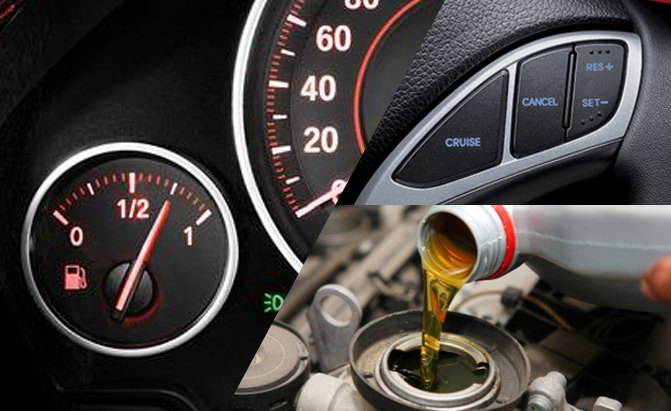





















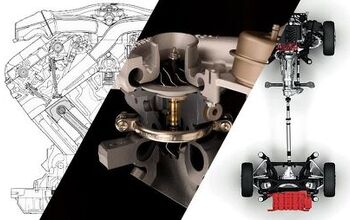
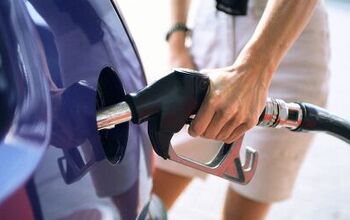
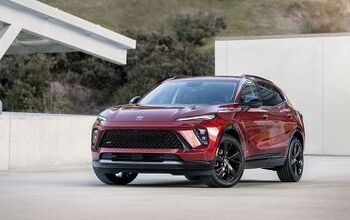


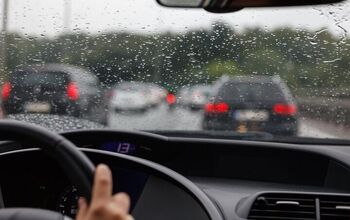
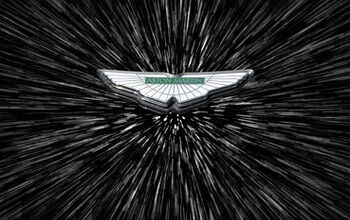
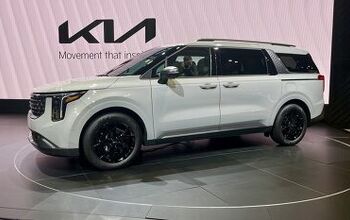
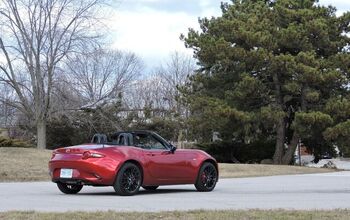




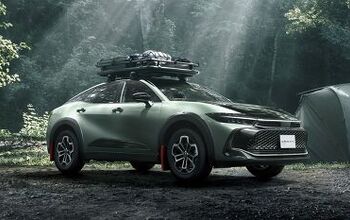
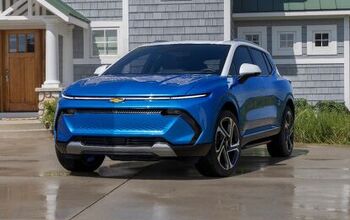
Comments
Join the conversation
Hey folks most of the information is correct. now the real scoop on why cars are not getting good mileage on the road in the USA. is because of the main cause is the EPA mandate of Ethanol in all grades of gas. It drops the by 10% or more?
Strange that the Toyota FJ cruiser is meant to run middle or premium grade fuel. It can run regular but, YOUR MILEAGE GOES DOWN. Toyota even states this, From as much as 22 MPG( non-ethanol premium) to as low as(Regular ethanol) 19 MPG. We drive the speed limits and don't drag race at every light and have found this to be true. Explain that one you rocket scientist, Speed does affect mileage per gallon due to the duration of time to burn efficiently. Faster you go the less time to burn the fuel completely.